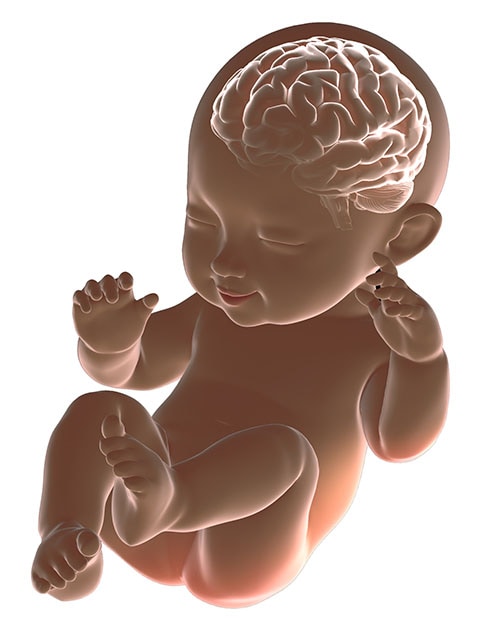Nano-encapsulation Technology Enhances Early Brain Development
A new form of nano-encapsulating technology was recently announced by the Hong Kong Polytechnic University (PolyU) for the optimization of the maternal and fetal absorption of docosahexaenoic acid (DHA) for the enhancement of early brain development. The research study was designed to address issues related to delivery and absorption of DHA—a typed of Omega-3 fatty acid.
Specifically, the research team developed the nano-encapsulation technology to protect DHA from oxidation. They used an edible corn protein to serve as the encapsulation material to mimic milk fat globule membrane. The technology forms a core-shell structure to protect DHA in fish oil through digestive enzymes—facilitating DHA absorption in brain, intestine and placenta. To test the efficacy of nano-encapsulation technology in enhancing DHA absorption, the research team conducted experiments on maternal mice and their offspring.
Usually obtained from diet, DHA is naturally found in breast milk and fish oil which makes it an important nutrient for the development and function of brain. During fetal life, DHA is transferred from the mother to the fetus across the placenta. But, DHA supplementation is usually required if absorption issues are present. However, because its composition is highly unsaturated making it prone to oxidation it is unlikely that it can be sufficiently up-taken through supplements. Therefore, the nano-encapsulation technology aimed to address this issue.
Learn more about DHA:
"Our team innovated the nano-encapsulation technology, which is proven to be an effective technology to protect DHA from oxidation in vivo, thus enhancing the absorption and efficacy of DHA. Our findings also indicated that the technology can help overcome blood-brain barrier in DHA delivery. We therefore believe that the technology could be further applied to enhance the efficiency of drug delivery for the brain, such as those for patients with dementia or Alzheimer's disease," says Dr Wang Yi, Assistant Professor of ABCT.
Source: Science Daily









